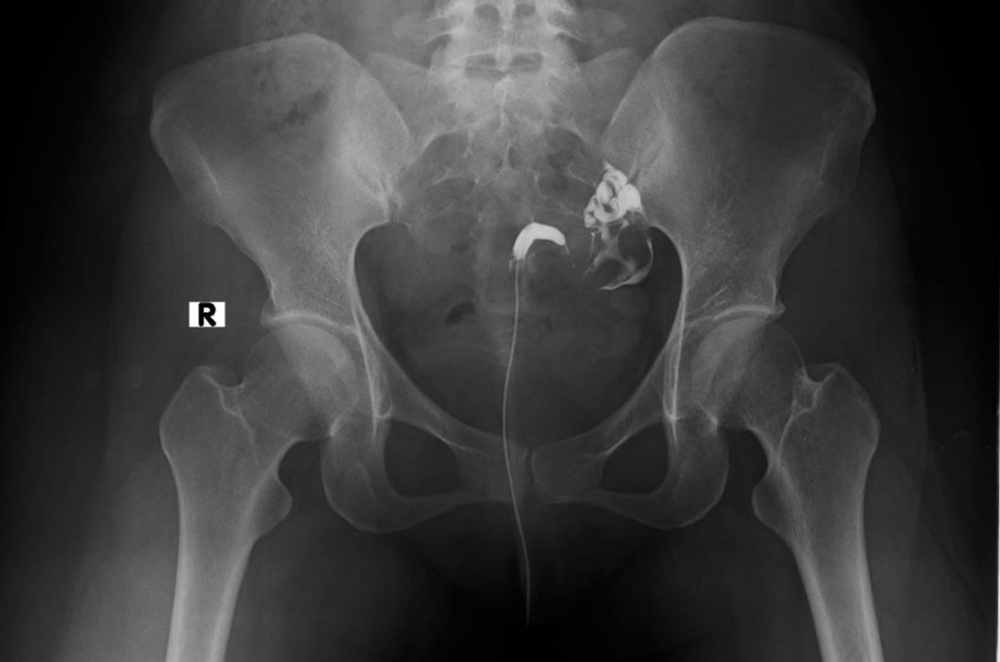Pueblo Radiology Medical Group is now offering Trabecular Bone Score (TBS) in conjunction with Bone Densitometry (DXA). Bone mineral density (BMD) as measured by DXA has long been used in the diagnosis and management of osteoporosis; however, this information does not provide a complete assessment of fracture risk. Many fractures occur in patients with normal BMD, especially in the setting of Diabetes or Hyperparathyroidism. TBS in combination with DXA has been shown to be a more accurate predictor of fracture risk than DXA alone and can help identify 30% more patients at high risk of fracture. TBS predicts the risk of major osteoporotic fracture independently of bone mineral density (BMD) and clinical risk factors. TBS is complementary to DXA and helps physicians to better classify patients at risk of fracture by looking at the trabecular architecture of the lumbar spine in addition to BMD.
Pueblo Radiology Medical Group is now offering Trabecular Bone Score (TBS) in conjunction with Bone Densitometry (DXA). Bone mineral density (BMD) as measured by DXA has long been used in the diagnosis and management of osteoporosis; however, this information does not provide a complete assessment of fracture risk. Many fractures occur in patients with normal BMD, especially in the setting of Diabetes or Hyperparathyroidism. TBS in combination with DXA has been shown to be a more accurate predictor of fracture risk than DXA alone and can help identify 30% more patients at high risk of fracture. TBS predicts the risk of major osteoporotic fracture independently of bone mineral density (BMD) and clinical risk factors. TBS is complementary to DXA and helps physicians to better classify patients at risk of fracture by looking at the trabecular architecture of the lumbar spine in addition to BMD.

